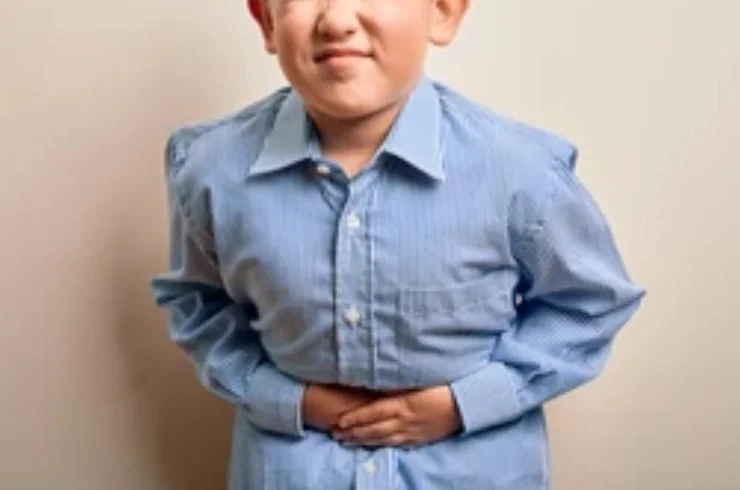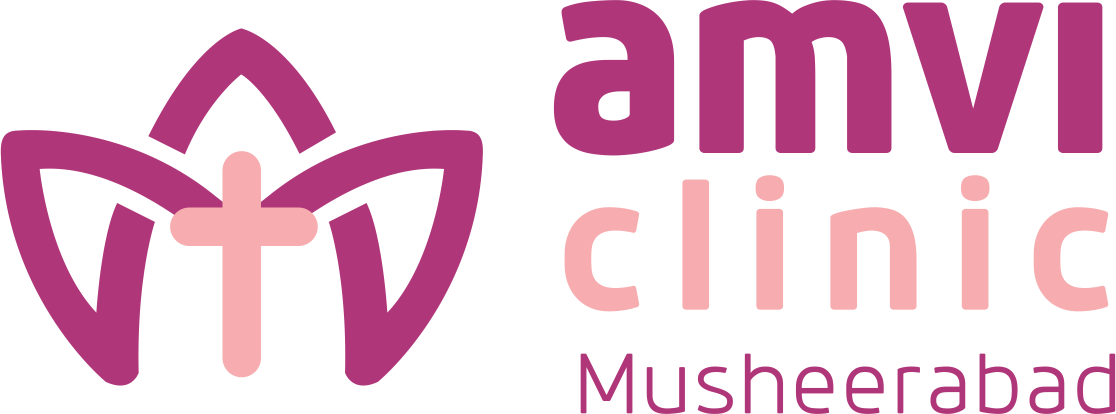Diarrhea
- Home
- Pediatrics
- Diarrhea

Diarrhea is a common condition characterized by frequent, loose, or watery stools. While it is often mild and resolves on its own, persistent or severe diarrhea can lead to dehydration and other complications. At AMVI Clinic, we provide comprehensive diagnosis and treatment to help you recover swiftly and maintain optimal digestive health.
Causes of Diarrhea
Diarrhea can be triggered by various factors, including:
Infections:
- Viral infections, such as rotavirus or norovirus.
- Bacterial infections, often from contaminated food or water (e.g., E. coli, Salmonella).
- Parasitic infections, like Giardia or Cryptosporidium.
Food Sensitivities:
- Lactose intolerance or sensitivity to certain foods.
Medications:
- Side effects of antibiotics, laxatives, or certain supplements.
Underlying Conditions:
- Irritable Bowel Syndrome (IBS), Crohn’s Disease, or Celiac Disease.
Stress and Anxiety:
- Emotional distress can affect bowel movements.
Symptoms of Diarrhea
Diarrhea may present with:
- Frequent, loose, or watery stools.
- Abdominal pain or cramping.
- Bloating or gas.
- Nausea or vomiting.
- Fever or chills (in infectious cases).
- Signs of dehydration: Dry mouth, fatigue, or reduced urination.
Diagnosis at AMVI Clinic
Our healthcare professionals use a step-by-step approach to determine the cause:
- Detailed Medical History: Understanding your diet, recent travel, and medications.
- Physical Examination: Assessing abdominal discomfort or tenderness.
- Laboratory Tests: Stool analysis, blood tests, or cultures to identify infections.
Treatment Options for Diarrhea
The goal is to address the cause, manage symptoms, and prevent complications:
- Rehydration Therapy:
- Oral Rehydration Solutions (ORS) to replace lost fluids and electrolytes.
- Intravenous (IV) fluids for severe dehydration.
- Medications:
- Anti-diarrheal drugs for temporary relief.
- Antibiotics or antiparasitic medication for infections.
- Dietary Modifications:
- Eat a bland diet (e.g., bananas, rice, applesauce, toast).
- Avoid dairy, caffeine, or spicy foods during recovery.
